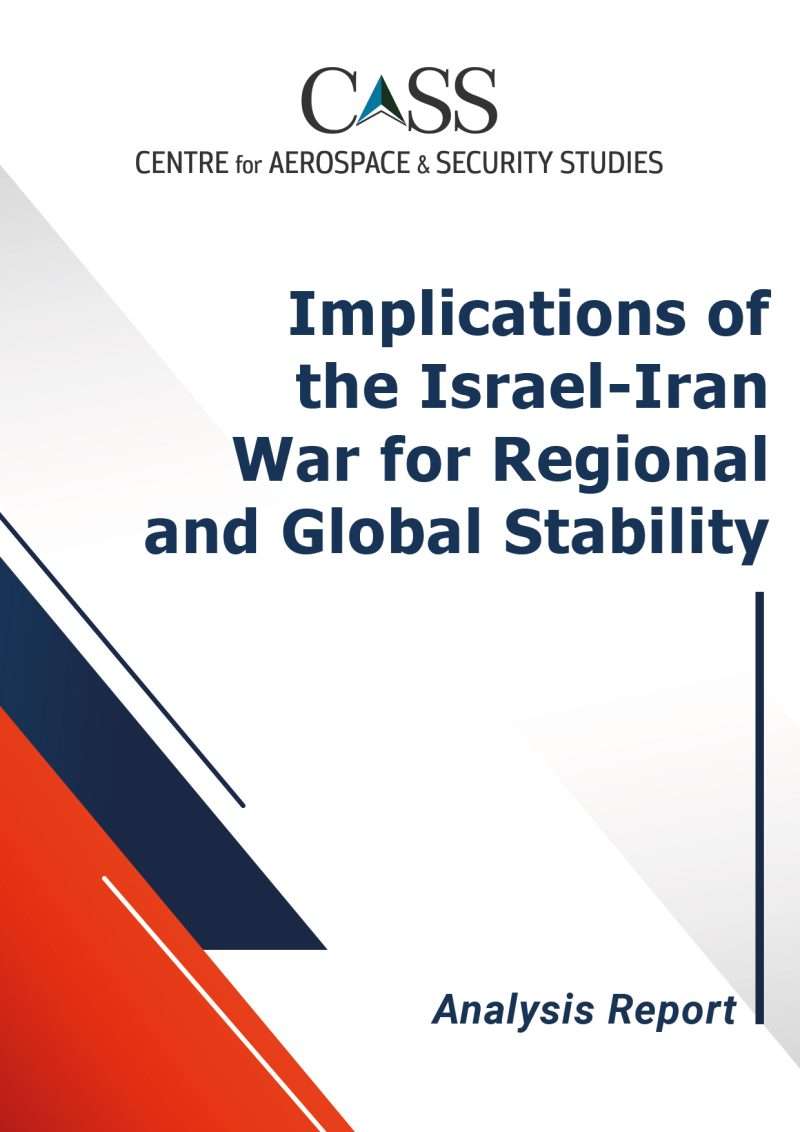The recent outbreak of hostilities between Israel and Iran in the summer of June 2025 marked a significant escalation in an already volatile region. With Iran’s regional influence and Israel’s strategic alliances with Western powers, the war had the potential to spiral into a broader conflict. For countries like Pakistan, situated at the crossroads of the Middle East and South Asia, the implications were both strategic and geopolitical.
In an effort to critically examine the strategic, regional, and diplomatic consequences of the Israel-Iran war, the Centre for Aerospace & Security Studies (CASS) hosted an online Catalyst Conversation titled ‘Implications of the IsraelIran War for Regional and Global Stability’ on 20 June 2025. The discussion built on previous internal deliberations by offering forward-looking insights on the following issues:
Israel’s strategic objectives and possible endgame in its confrontation with Iran
• Iran’s capacity to sustain a direct military conflict with Israel
• The war’s impact on effectiveness of international diplomatic frameworks and multilateral institutions
• Key lessons for South Asia in terms of escalation management and conflict deterrence
• Options for how Pakistan can position itself diplomatically amid rising regional tensions.
The session offered nuanced insights into the evolving conflict and its wider implications for global stability, regional power dynamics, and international norms. The Keynote Speaker was Ambassador Asif Ali Durrani, Senior Research Fellow at the Islamabad Policy Research Institute (IPRI). The discussion was moderated by Saba Abbasi, Research Assistant at CASS, Islamabad, with Opening and Concluding Remarks by President CASS Air Marshal Javaid Ahmed (Retd).





